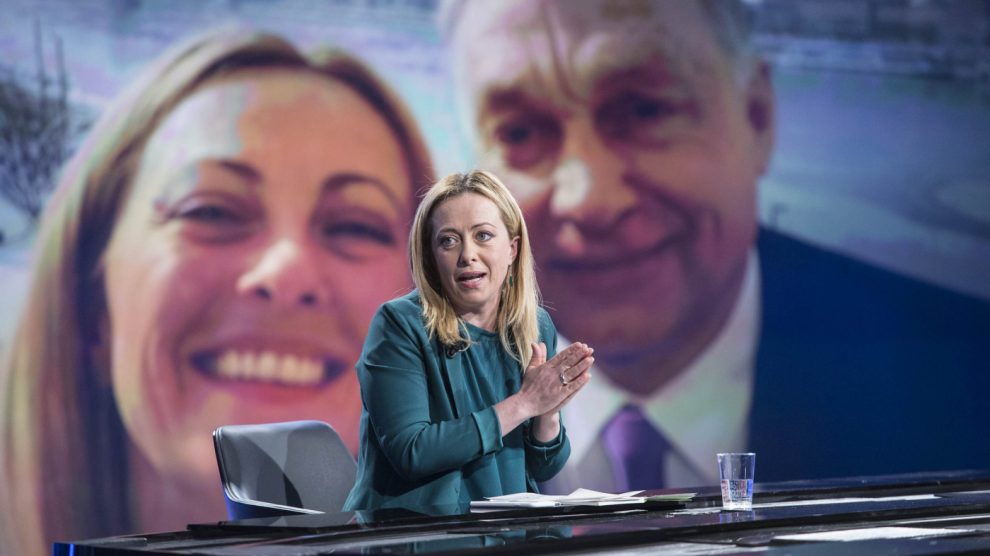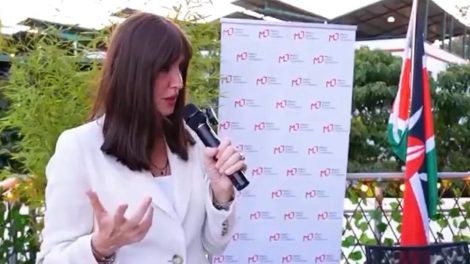Budapest splits Rome. Members of the Italian government went separate ways when they voted on Thursday’s European Parliament resolution – which asked the Commission and Council to “resist” pressure from Viktor Orbán’s Hungary and freeze disbursements of EU funds over rule-of-law issues.
- The delegations of PM Meloni’s Brothers of Italy and Matteo Salvini’s League voted against the resolution, while Forza Italia MEPs, faithful to the European People’s Party (APP) line, voted in favour.
- Two exceptions: the League’s Gianna Gancia and FI’s Massimiliano Salini, who both abstained.
- The text passed with 461 votes in favour, 124 against and 33 abstentions.
What are their stances? BoI and the League argue that Brussels should promote dialogue to find a balance. They also claim the European Parliament has gone beyond its remit and believe the matter should be handled by the European Council – i.e. the 27 member States – which will meet in December to decide on the issue.
- This could be “a crucial test” for PM Meloni, who’s also the head of the European Conservatives and Reformists (ECR) and the axis of the nationalist right in Europe, as Steven Forti, professor of contemporary history at the Autonomous University of Barcelona, told Decode39.
- The political distances between EPP, ECR and the League’s far-right Identity and Democracy (ID) still appear wide.
A bit of both. Yesterday it was the opposition’s turn to break in Strasbourg over the resolution that defined Russia as a State that sponsors terrorism and uses terrorist methods. The Five Star Movement’s members abstained, and three MEPs from the Democratic Party (Pietro Bartolo, Andrea Cozzolino and Massimiliano Smeriglio) voted against, together with the non-inscrit Francesca Donato.
- Giuseppe Conte, head of the 5SM, explained the abstention by stating that his efforts “are aimed at building a diplomatic path,” that the definition “distances the parties involved” and “does not help dialogue” (Corriere della Sera).
- Note the choice of words: ‘parties involved’ instead of ‘aggressor’ (Russia) and ‘victim’ (Ukraine).
- “Pointing to Russia as a terrorist country is a point of no return that distances a political solution,” added the DP’s Smeriglio – just as Parliament is set to discuss the ways in which Italy supports Ukraine, a terrain ripe for confrontation and clash.





